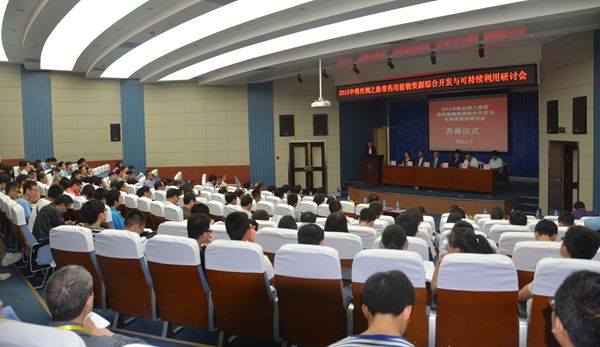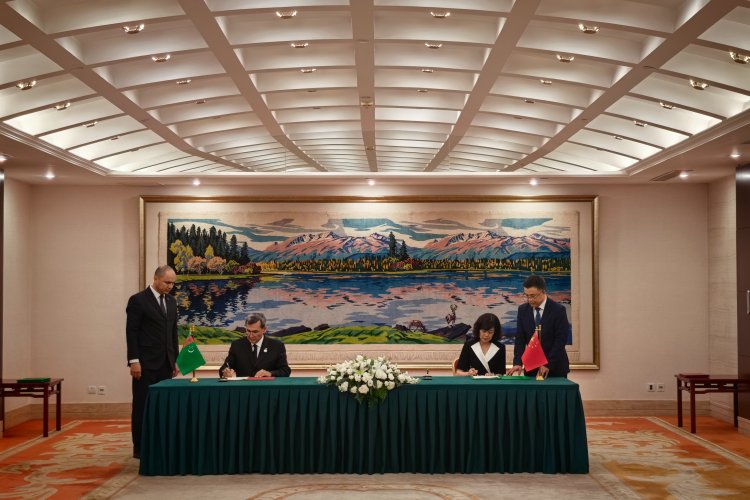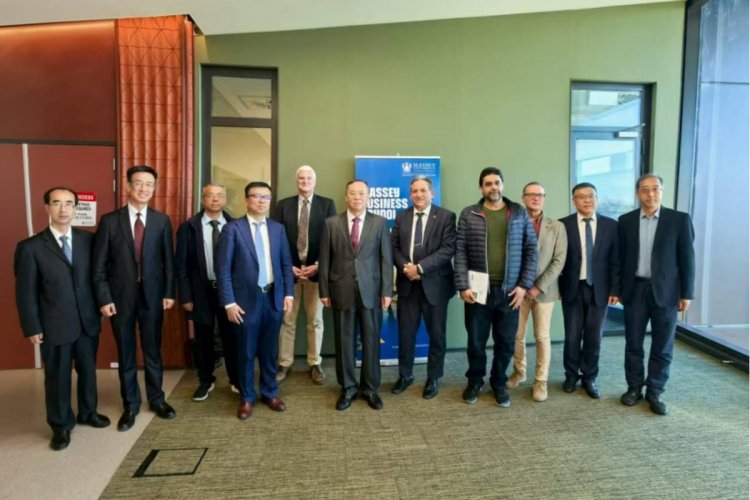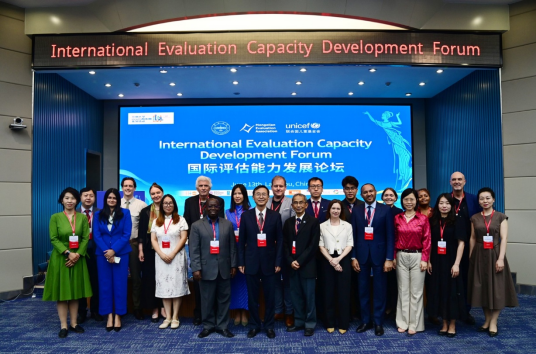
In order to effectively promote excavation, protection and sustainable use of medicinal plant resources along the Silk Road, approved by the Ministry of Education, sponsored by LZU, undertaken jointly by the Municipal Science and Technology Bureau of Dingxi City and Gansu Eastern Moistening Rose Technology Development Co., Ltd., the 2015 China and South Korea Conference on the Comprehensive Development and Sustainable utilization of Medicinal Plant Resources of the Silk Road (2015 China and South Korea Conference on CDSUMPRSR)is held at LZU from July 6 to 7. On behalf of LZU, vice president Chen Fahu, extends warm congratulations on the opening of the conference. Present at the seminar are experts, government officials, business representatives from China and South Korea, as well as teachers and students of the School of Pharmacy, LZU .
During the two-day seminar, pharmaceutical experts from Seoul National University, Dongguk University and Hallym University and experts from universities in China make keynote speeches on research, policy guidance, design and planning, implementation strategy and other issues related to Development and Sustainable Utilization of Medicinal Plants Resources along the Silk Road. Officials and business representatives from Dingxi city, a land of medicinal plants, talk about the classic cases of developing and utilizing medicinal plant resources as well as international development needs.
This conference has achieved four important results: First, Sino-ROK Medicinal Plant Resources of the Silk Road Research Center is planned to be established to sustain Sino-ROK cooperation; Second, the rose utilization technology of Lancome, a famous Cosmetics company, is introduced to help Lanzhou Rose Company to jointly develop Lanzhou Kushui rose cosmetics; Third, Korean experts will work with companies in Dingxi to develop traditional Chinese herbs and health products by taking advantage of South Korea's information and technology; Fourth, joint research and cooperation with LZU related to anti-cancer drugs, anti-senile dementia drug screening mechanism and Traditional Tibetan medicine will be conducted.
(Translated by Li Yafeng; proofread by Sissi Xu)




